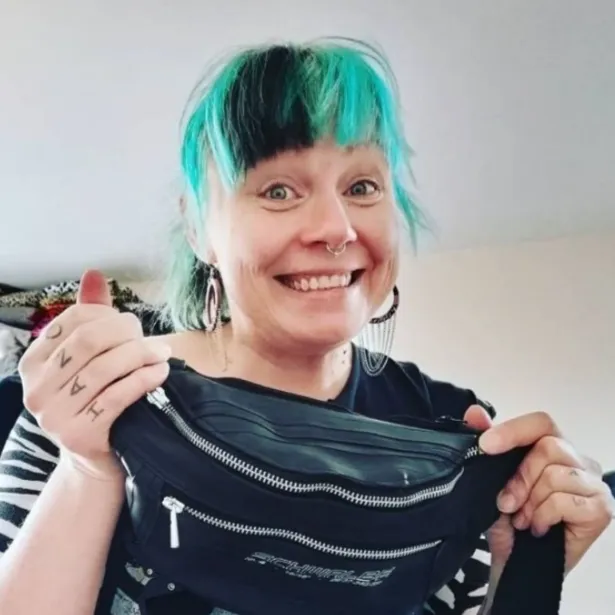Upcycling trends 2022
Upcycling is on the increase, as concerns about the environment grow and the cost of living crisis bites. Newspage caught up with 22 upcycling companies based in all corners of the UK. The number of materials that are being used is mind-boggling, and ranges from coffee pods, vinyl records and cutlery headed for landfill, to old phones, car wheels and even the spare legs of mannequins in skips.






















